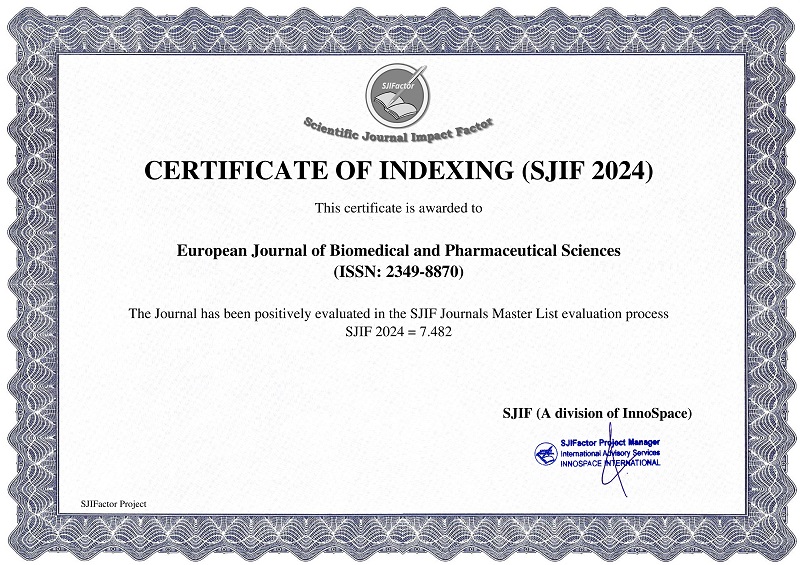PREVALENCE OF LISTERIA MONOCYTOGENES AS A PUBLIC HEALTH PROBLEM
Ema Pindžo*, Amela Salihovi? Eldina Smje?anin and Merima Pindžo
ABSTRACT
Listeria monocytogenes is a bacterium widespread across the world and presents one of the most common foodborne pathogens. Listeriosis is a serious infection caused by eating food contaminated with the bacterium L. Monocytogenes. Among foodborne zoonoses, listeriosis emerges as an illness most frequently resulting in death. This disease most commonly affects children, pregnant women and people with a weakened immune system. The infection is most commonly transferred by contaminated food, insufficiently pasteurized milk, soft cheeses, fermented sausages, raw vegetables and rarely directly from infected animals. Considering all the above-mentioned, Listeria monocytogenes is of great importance for public health since it can seriously affect human health. Diseases caused by contaminated food are a significant public health problem. The greatest risk for food contamination is a bad hygiene practice when handling food during food production as well as a possibility for pathogens to grow to the cooling temperature. Once L. monocytogenes is brought into a production facility, it can survive and live for a long time under adverse conditions.
Keywords: Listeria monocytogenes; Food; Health; Persistence.
[Full Text Article]
[Download Certificate]


 Impact Factor : 8.181
Impact Factor : 8.181 






